Synopsis
Plastic bags are cheap and easy to use. But what happens when a bag breaks or is no longer needed? In Njau, Gambia, people simply dropped the bags and went on their way. One plastic bag became two. Then ten. Then a hundred. The bags accumulated in ugly heaps alongside roads. Water pooled in them, bringing mosquitoes and disease. Some bags were burned, leaving behind a terrible smell. Some were buried, but they strangled gardens. They killed livestock that tried to eat them. Something had to change. Isatou Ceesay was that change. She found a way to recycle the bags and transform her community.- Why was it ok for Isatou to throw her broken basket to the ground? She knows it will crumble and mix back with the dirt.
- Why does Grandmother Mbombeh frown when she sees the plastic? She may have wisdom regarding the use of plastic that Isatou did not have yet.
- Isatou throws her first plastic bag to the ground. Why?
- What effect does plastic pollution have on the animals?
- Why are plastic bags being burned?
- “She knows too much to ignore it now.” What does this mean? How can we apply this to what we see around us?
- When asked which of our companions are best, Prophet Muhammad ﷺ replied: “One whose appearance reminds you of Allah ﷻ, and whose speech increases you in knowledge, and whose actions remind you of the Hereafter” (Al-Muhasibi). How does this relate to Isatou’s circle of friends?
- Did the villagers’ mockery stop Isatou and her friends from doing what was right?
- What did Isatou do with the money she earned?
- Discuss how taking the first step in solving a problem may be difficult. Use Isatou’s example of how she started this project by taking a difficult first step – washing dirty bags left on the roadside. Because of her determination, she was able to persevere and made such a beautiful difference.
- Is this problem of plastic bags only found in Gambia? Only in Africa?
Mindful Muslim Review
This picture book allows young children to learn a crucial tenet of Islam—serving as stewards of this Earth and using the resources that Allah ﷻ has entrusted us with responsibly. Using rich illustrations and lyrical text, this picture book tells the story of a real life hero who is combating two major issues of our time: the global plastic pollution crisis and “throwaway” culture. Isatou’s actions are exemplary. The story not only shows how difficult it may be to begin fixing such an enormous problem, but also how the right support and determination make it possible to accomplish such a feat! The book is also an excellent introduction to Gambia and its people. The Author’s Note at the end helps connect the story to the real-world problems in Gambia and serves as a great introduction to the realities of the plastic pollution crisis worldwide.




